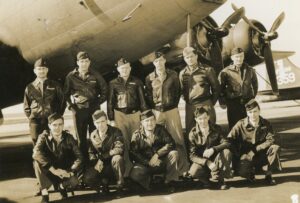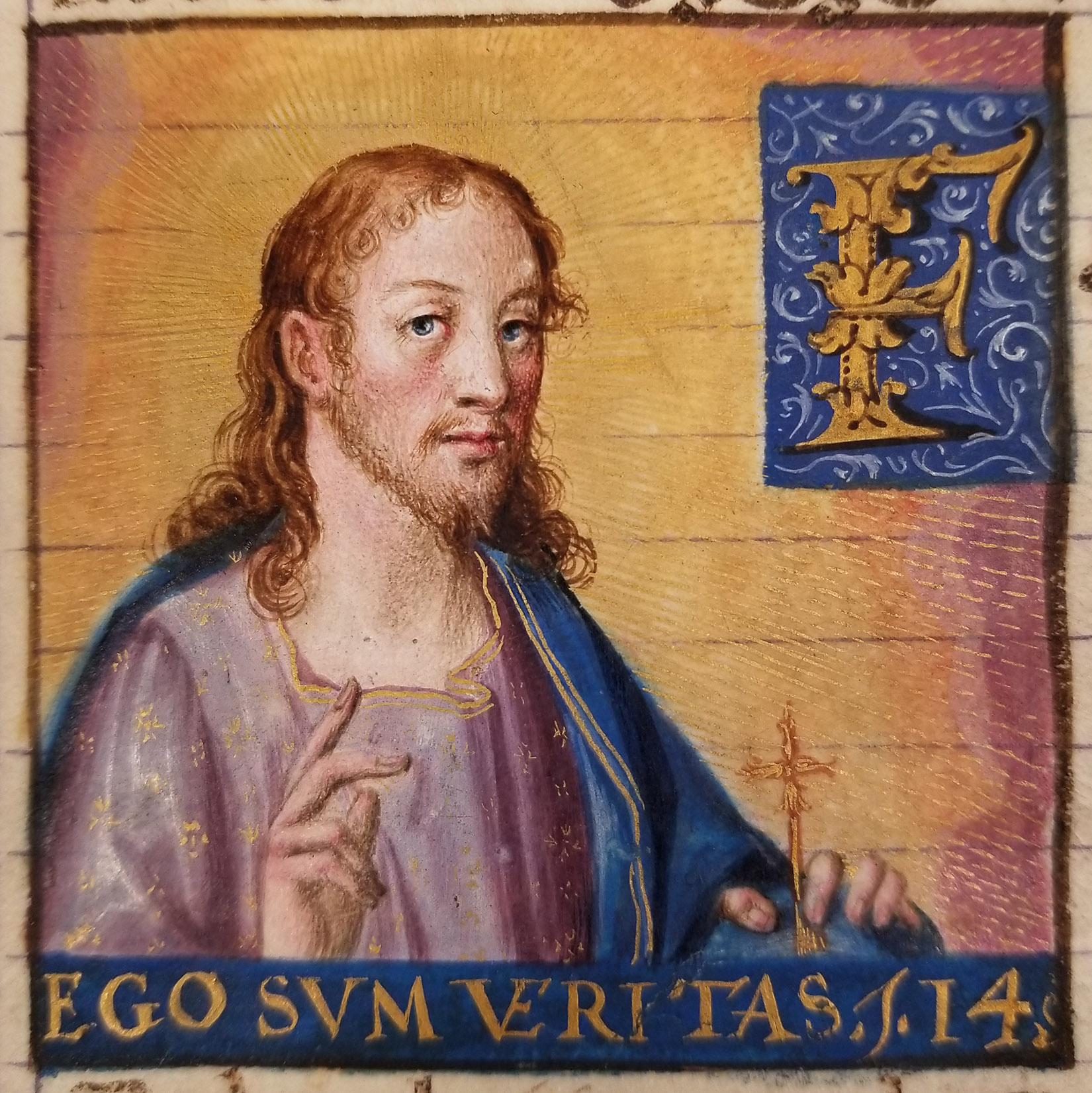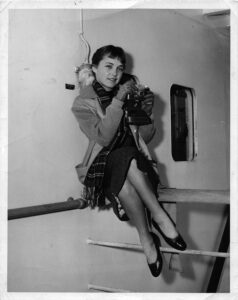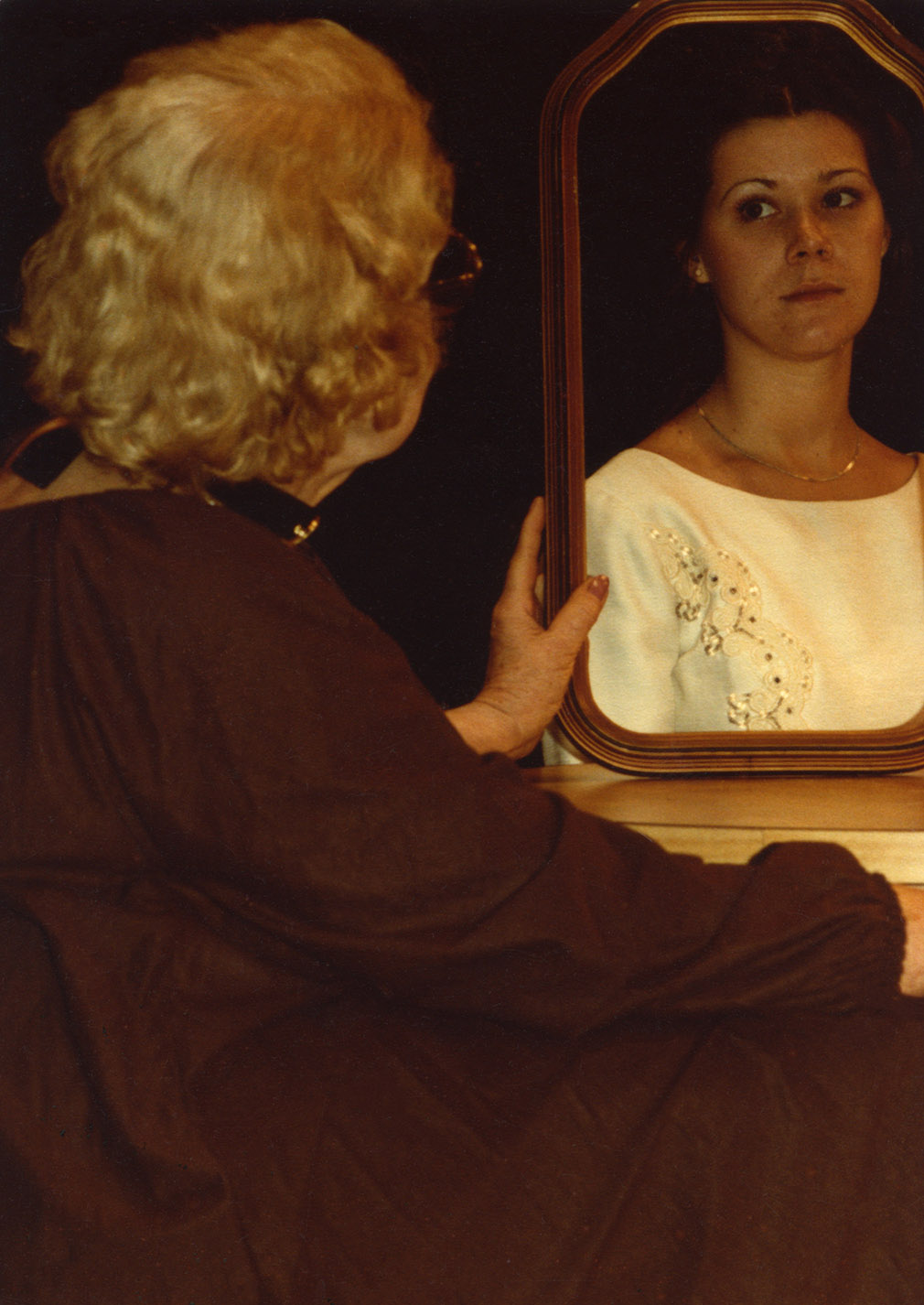Stacy-Barnes Family Papers
1873-2019 Bulk: 1917-1946
4 boxes 4.75 linear feet
Call no.: MS 1106
 Russell Stacy (2nd from L, front row) and Squadron, ca. 1942
Russell Stacy (2nd from L, front row) and Squadron, ca. 1942
When drafted into the Army Air Corps in late December 1942, Russell Stacy (1922-2009) was as apprentice at the General Electric plant in Pittsfield, Mass., and was pursuing an engineering degree at Rensselaer Polytechnic Institute. Training for active duty aboard the new B-29 Superfortress, it was not until April 1944 that planes were ready for operations, at which point Staff Sgt. Stacy became the central fire control gunner on the plane “Totin’ to Tokyo.” As part of the 793d Squadron, 468th Bomb Group, 20th Bomber Command, he was based in Kharagpur, India, with a forward base on Chengdu, China, and took part in bombing raids throughout southeast Asia, including the first mission to bomb Japan from China in July 1944. The logistical challenges of operating from China led the Air Corps to abandon the base in Jan. 1945, at which time Stacy returned to the United States for additional training. After the war’s end, he continued as a draftsman at GE, later working as an engineer in New England and Virginia for nearly forty years. Russell’s father, William H. Stacey served in France during World War I, as did his mother, Mary Ellen Barns, a Red Cross nurse.
Writing home consistently throughout the war at least once a week, Stacy left a remarkably dense and thorough record of his service. Beginning at the point of his induction, the letters provide discussions of training to become a B-29 gunner; his time in India and China; bombing raids over Japan and Sumatra, and China; and his return to the States for additional training. Well written, though somewhat lacking in detail due to censorship, the collection provides a valuable perspective on a crew members’ experience in the China-Burma-India theater. Other parts of the collection detail the Stacy and Barnes family, and their war service dating back to the era of the American colonies, particularly William Stacy’s service as an ambulance driver and Mary Ellen Barnes’s service as a Red Cross nurse, both in World War I.
Gift of Amantha Moore, 2019-2020
Subjects
American Red Cross. Programs and ServicesUnited States. Army. Air Corps. Bombardment Group, 468thWorld War, 1914-1918World War, 1939-1945--IndiaTypes of material
Correspondence






